Help Me Translate My GOnalytics!
Help me translate my GOnalytics!
Guys, as some of you know, I’ve written an analytical text on Good Omens TV Show by Amazon Prime. It’s in Russian, as it’s my native tongue, and I would like to have it translated, so English-speaking part of Good Omens fandom could also read it. I truly think it’s worth it: it’s the biggest and the most important text project of mine so far, and I would really like to reach as many people as possible. I do speak English myself, but it is definitely not enough to make the text sound as smooth as it (hopefully) does in Russian. So, I’m looking for a pro translator, fluent Russian, native English. Being Good Omens fan might be a plus, but naturally it’s a regular paid job anyway, so, the skill is way more important.
It’s not often when I ask for repost, but now’s the time. Even if you don’t know me, but somebody you know might be interested in the job, or maybe some of their followers might want it - PLEASE REPOST! I’m a nice guy to work with, and I will provide any possible assistance with the translation.
You can also share this post on Twitter: https://twitter.com/tomash_beran/status/1229714449801543680
Thanks to all of you who decide to share!
https://docs.google.com/document/d/1b1ZyorUrm2_v6IEsMK3THZbRZQ5QpGY7Vt9ZV6_hEUI/
Ребята, я страстно мечтаю перевести свою аналитику по сериалу Good Omens на английский, чтобы иметь возможность расшарить ее в англо-фандоме. Это изначально был план, мне кажется, она того стоит, и мне хотелось бы донести ее везде и всем, кому может быть интересно. Сам я с переводом не справлюсь: английский все-таки не родной, мне не хватит легкости, а также английских идиом и слэнга, а терять эти штуки не хотелось бы. Поэтому - ищу профессионального переводчика со свободным русским и родным английским. Было бы здорово, если бы человек любил GO, но это не обязательно - в любом случае, это оплачиваемая работа, так что качество важнее фанатизма)
Я крайне редко прошу о репосте, но сейчас настал тот самый момент. Даже если вы не знаете меня и не знаете никого в своем окружении, кому могло бы быть это интересно, возможно, среди друзей ваших друзей найдется кто-то, кто захочет взяться. Поэтому - ПОЖАЛУЙСТА, РАСШАРЬТЕ! Кто знает меня, подтвердит: со мной приятно работать, я помогу с русским слэнгом и с чем угодно еще и смогу адекватно оценить перевод.
У кого есть твиттер, можно также расшарить этот пост: https://twitter.com/tomash_beran/status/1229714449801543680
Заранее спасибо всем, кто решит поделиться!

More Posts from Q587p and Others
So the James Webb telescope just took a picture of a galaxy that is 29 million light years away.
If that wasn't cool enough NASA decided to peel away all the cosmic dust in order to see the bones of the Galaxy itself.
AND IT'S BREATHTAKING


Calling this “extrovert timeshare”
AU where...
Aang died with the air nomads.
The next two Avatars, from water and earth, live without ever knowing who they are.
Zuko still spoke out at the meeting, he still refused to fight his father in the Agni Kai.
Zuko was banished, and in his search to find the Avatar, earth bends.
He is the Avatar and doesn’t know what to do about it.
Clark never felt pain until after he became Superman.
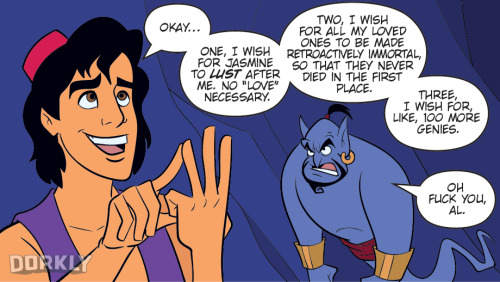
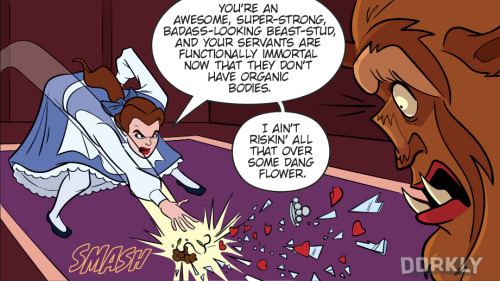
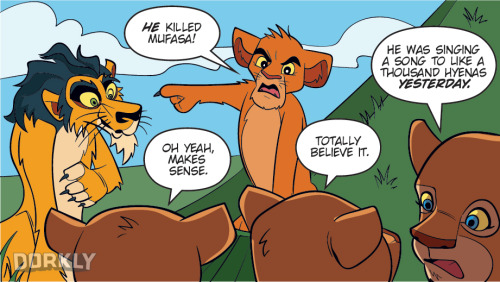
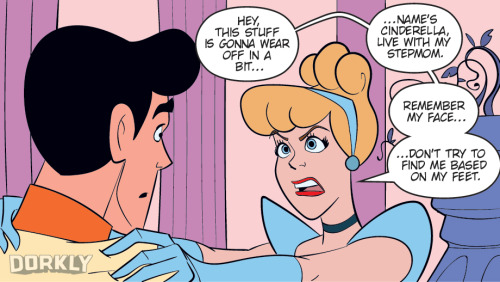
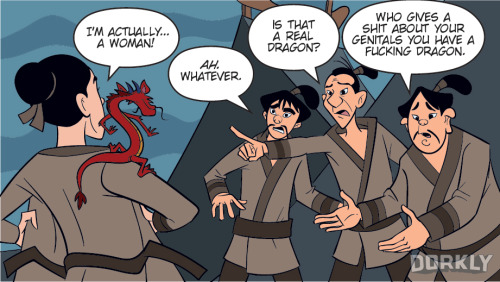
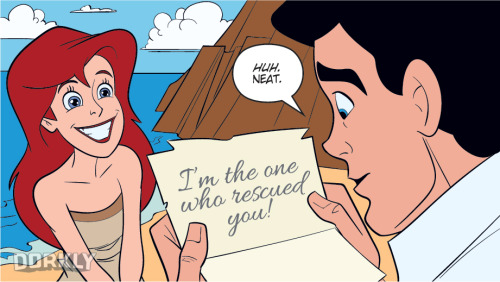
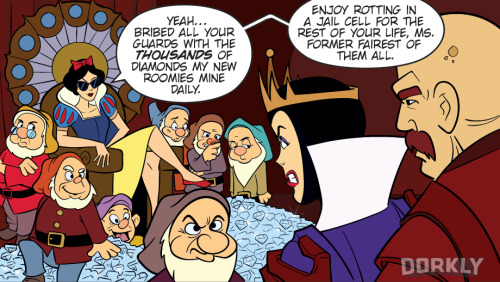
i think that at this point. at THIS point of Things. you can pretty safely assume that almost no one is Doing Well, so instead of being a real shitlord about tiny problems, maybe instead go out of your way to be kinder and more patient to everyone around you.
or at least fucking fake it.
or at least just be quiet.
Constellations and the Calendar
Did you recently hear that NASA changed the zodiac signs? Nope, we definitely didn’t…
…Here at NASA, we study astronomy, not astrology. We didn’t change any zodiac signs, we just did the math. Here are the details:
First Things First: Astrology is not Astronomy…
Astronomy is the scientific study of everything in outer space. Astronomers and other scientists know that stars many light-years away have no effect on the ordinary activities of humans on Earth.
Astrology, meanwhile, is something else. It’s the belief that the positions of stars and planets can influence human events. It’s not considered a science.

Some curious symbols ring the outside of the Star Finder. These symbols stand for some of the constellations in the zodiac. What is the zodiac and what is special about these constellations?

Imagine a straight line drawn from Earth though the sun and out into space way beyond our solar system where the stars are. Then, picture Earth following its orbit around the sun. This imaginary line would rotate, pointing to different stars throughout one complete trip around the sun – or, one year. All the stars that lie close to the imaginary flat disk swept out by this imaginary line are said to be in the zodiac.

The constellations in the zodiac are simply the constellations that this imaginary straight line points to in its year-long journey.
What are Constellations?
A constellation is group of stars like a dot-to-dot puzzle. If you join the dots—stars, that is—and use lots of imagination, the picture would look like an object, animal, or person. For example, Orion is a group of stars that the Greeks thought looked like a giant hunter with a sword attached to his belt. Other than making a pattern in Earth’s sky, these stars may not be related at all.

Even the closest star is almost unimaginably far away. Because they are so far away, the shapes and positions of the constellations in Earth’s sky change very, very slowly. During one human lifetime, they change hardly at all.
A Long History of Looking to the Stars
The Babylonians lived over 3,000 years ago. They divided the zodiac into 12 equal parts – like cutting a pizza into 12 equal slices. They picked 12 constellations in the zodiac, one for each of the 12 “slices.” So, as Earth orbits the sun, the sun would appear to pass through each of the 12 parts of the zodiac. Since the Babylonians already had a 12-month calendar (based on the phases of the moon), each month got a slice of the zodiac all to itself.

But even according to the Babylonians’ own ancient stories, there were 13 constellations in the zodiac. So they picked one, Ophiuchus, to leave out. Even then, some of the chosen 12 didn’t fit neatly into their assigned slice of the pie and crossed over into the next one.

When the Babylonians first invented the 12 signs of zodiac, a birthday between about July 23 and August 22 meant being born under the constellation Leo. Now, 3,000 years later, the sky has shifted because Earth’s axis (North Pole) doesn’t point in quite the same direction.

The constellations are different sizes and shapes, so the sun spends different lengths of time lined up with each one. The line from Earth through the sun points to Virgo for 45 days, but it points to Scorpius for only 7 days. To make a tidy match with their 12-month calendar, the Babylonians ignored the fact that the sun actually moves through 13 constellations, not 12. Then they assigned each of those 12 constellations equal amounts of time.
So, we didn’t change any zodiac signs…we just did the math.
Make sure to follow us on Tumblr for your regular dose of space: http://nasa.tumblr.com

🥲
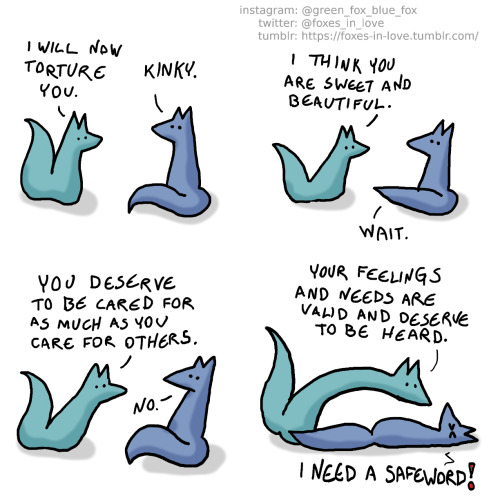
Writing Tips
Punctuating Dialogue
✧
➸ “This is a sentence.”
➸ “This is a sentence with a dialogue tag at the end,” she said.
➸ “This,” he said, “is a sentence split by a dialogue tag.”
➸ “This is a sentence,” she said. “This is a new sentence. New sentences are capitalized.”
➸ “This is a sentence followed by an action.” He stood. “They are separate sentences because he did not speak by standing.”
➸ She said, “Use a comma to introduce dialogue. The quote is capitalized when the dialogue tag is at the beginning.”
➸ “Use a comma when a dialogue tag follows a quote,” he said.
“Unless there is a question mark?” she asked.
“Or an exclamation point!” he answered. “The dialogue tag still remains uncapitalized because it’s not truly the end of the sentence.”
➸ “Periods and commas should be inside closing quotations.”
➸ “Hey!” she shouted, “Sometimes exclamation points are inside quotations.”
However, if it’s not dialogue exclamation points can also be “outside”!
➸ “Does this apply to question marks too?” he asked.
If it’s not dialogue, can question marks be “outside”? (Yes, they can.)
➸ “This applies to dashes too. Inside quotations dashes typically express—“
“Interruption” — but there are situations dashes may be outside.
➸ “You’ll notice that exclamation marks, question marks, and dashes do not have a comma after them. Ellipses don’t have a comma after them either…” she said.
➸ “My teacher said, ‘Use single quotation marks when quoting within dialogue.’”
➸ “Use paragraph breaks to indicate a new speaker,” he said.
“The readers will know it’s someone else speaking.”
➸ “If it’s the same speaker but different paragraph, keep the closing quotation off.
“This shows it’s the same character continuing to speak.”
-
 q587p reblogged this · 5 years ago
q587p reblogged this · 5 years ago -
 avoiceofnerat reblogged this · 5 years ago
avoiceofnerat reblogged this · 5 years ago -
 avoiceofnerat liked this · 5 years ago
avoiceofnerat liked this · 5 years ago -
 nobodyshomemovealong reblogged this · 5 years ago
nobodyshomemovealong reblogged this · 5 years ago -
 nobodyshomemovealong liked this · 5 years ago
nobodyshomemovealong liked this · 5 years ago -
 tomash-beran reblogged this · 5 years ago
tomash-beran reblogged this · 5 years ago